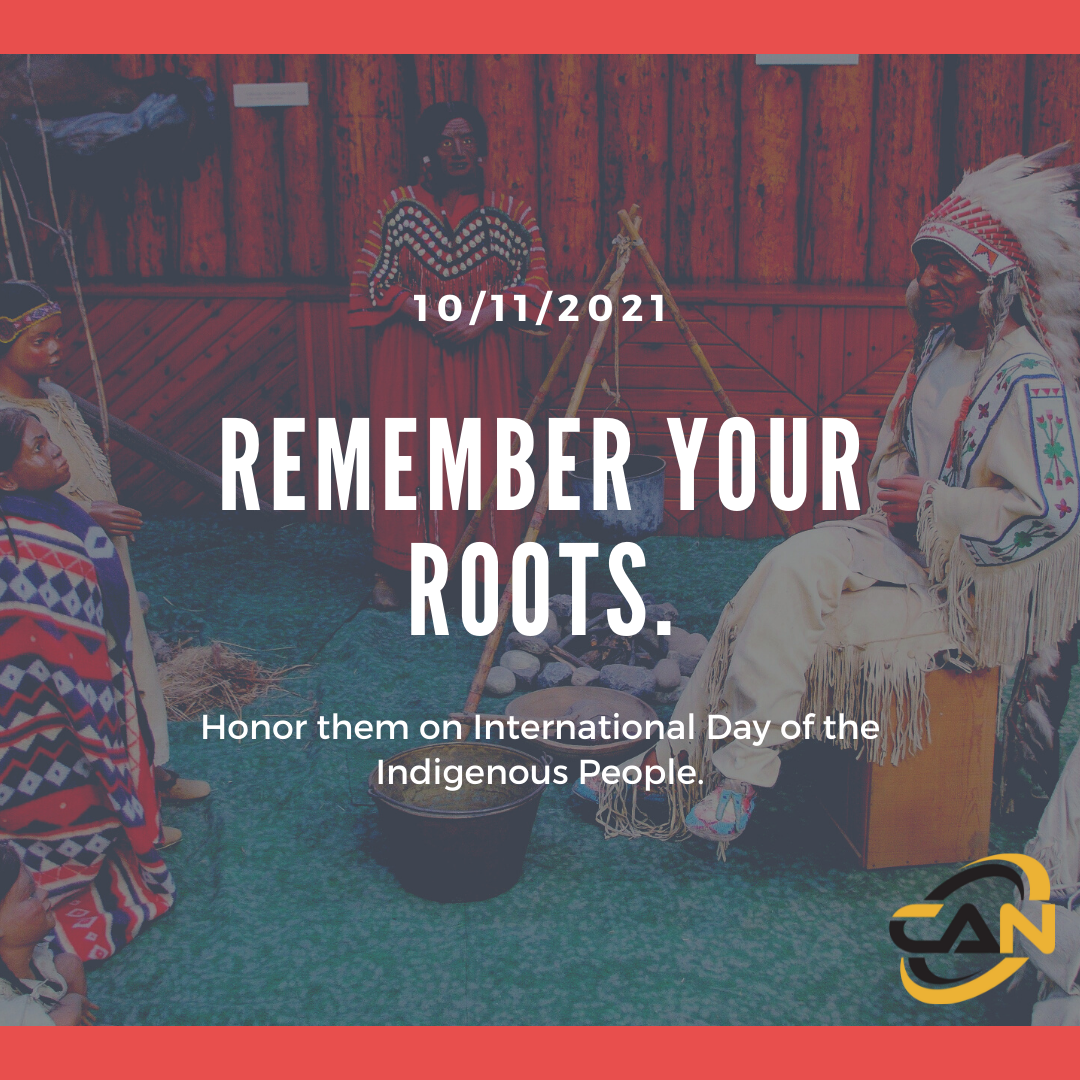Indigenous Peoples’ Day
Indigenous Peoples’ Day changes and reimagines the celebration of Columbus Day and colonialism into an opportunity to reveal historical truths. Truths about genocide and the oppression of indigenous peoples in America, as a vessel to organize against current injustices, and to celebrate indigenous heritage.
Today, Monday, Oct. 11, in the nation's capital, there is no Columbus Day. The D.C. Council voted to replace it with Indigenous Peoples' Day in a temporary move in hopes to make it permanent. Several other places across the United States have also made the switch in a growing movement to end the celebration of the Italian explorer, in favor of honoring Indigenous communities, and their resiliency in the face of violence by European explorers like Christopher Columbus.
For Native Americans, Columbus Day has long been hurtful. It brings with it the violent history of 500 years of colonial oppression at the hands of European explorers and those who settled here — a history whose memory and wounds still run deep today.
President Biden has proclaimed Monday, Oct. 11, as Indigenous Peoples’ Day, becoming the first U.S. president to formally recognize the day.
“For generations, Federal policies systematically sought to assimilate and displace Native people and eradicate Native cultures,” Mr. Biden wrote in the proclamation issued on Friday. “Today, we recognize Indigenous peoples’ resilience and strength as well as the immeasurable positive impact that they have made on every aspect of American society.”
The Navajo Nation, the nation’s largest tribe with nearly 400,000 people, has long voiced its support for the renaming of that day. “Transforming Columbus Day to Indigenous Peoples’ Day will encourage young Navajos to have pride in the place and people they come from and the beauty they hold within,” Jonathan Nez, the president of Navajo Nation, said in a statement before Mr. Biden’s announcement.
However, some say just observing the day doesn’t do enough. Instead, they believe it is the necessary and important first step in recognizing that Indigenous people are still here and not just a part of history read in books.

